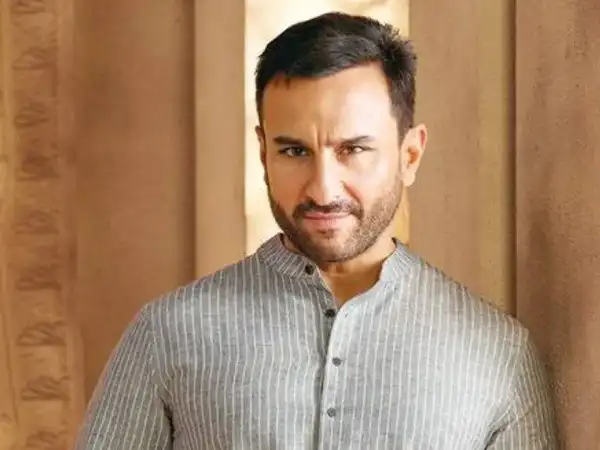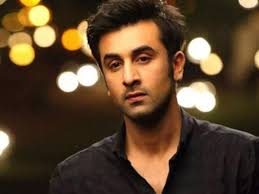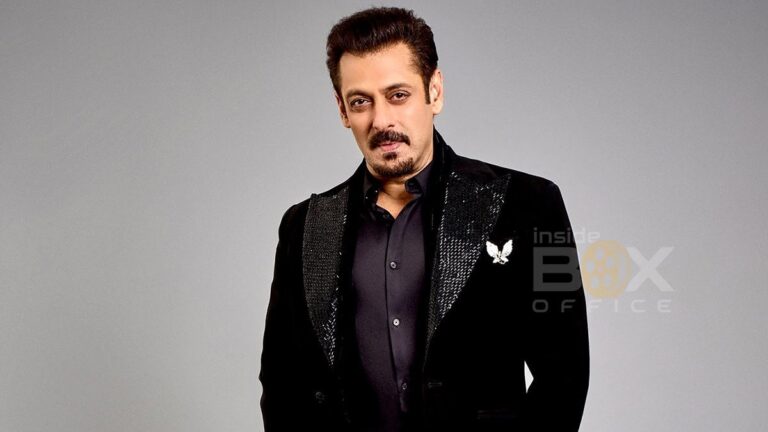
Saif Ali Khan: The Nawab of Versatility in Bollywood
aif Ali Khan was born on August 16, 1970, in New Delhi, India. He was born into a prestigious and royal lineage—his father was the late Mansoor Ali Khan Pataudi, the 9th Nawab of Pataudi and former captain of the Indian cricket team, and his mother is Sharmila Tagore, a renowned actress in Indian cinema and a recipient of the Padma Bhushan.
Saif grew up in a world of privilege and culture. He was raised in a household that blended royal customs with artistic flair. Though born in New Delhi, Saif spent much of his childhood at the Pataudi Palace in Pataudi village, Haryana, which is the ancestral home of the Pataudi family. The environment was a mix of traditional aristocracy, sports, and film influences.
Education and Early Life
Saif received his early education at The Lawrence School, Sanawar, a prestigious boarding school in Himachal Pradesh. Later, he was sent to Lockers Park School in Hertfordshire, England, followed by Winchester College, one of the most respected schools in the UK. After his schooling, Saif returned to India briefly before eventually deciding to pursue a career in films.
Though his upbringing was elite and global in many aspects, Saif has often mentioned in interviews that his parents instilled in him values of discipline, humility, and hard work. His upbringing in a multicultural and intellectually rich environment helped shape his personality and contributed to his adaptability as an actor.
So, while born in New Delhi, Saif was brought up across India and the UK, enjoying a blend of royal heritage, sportsmanship from his father, and cinematic legacy from his mother.
Saif Ali Khan, one of the most stylish and versatile actors in the Indian film industry, has carved out a unique space for himself in Bollywood over a career spanning more than three decades. Born on August 16, 1970, in New Delhi, Saif belongs to the illustrious Pataudi family—his father, Mansoor Ali Khan Pataudi, was a former captain of the Indian cricket team and a Nawab, while his mother, Sharmila Tagore, is a celebrated actress of Indian cinema. With such a rich legacy, Saif inherited both royalty and a passion for the arts. However, despite his privileged background, his journey in Bollywood was far from easy.
Early Career and Struggles
Saif made his acting debut in 1993 with Parampara, directed by Yash Chopra. Unfortunately, the film failed to make a mark, and Saif’s early years in the industry were marked by a series of unsuccessful films such as Aashiq Awara and Pehchaan. Although his boyish charm and unique style caught some attention, critics doubted his acting capabilities. He was often overshadowed by bigger stars and struggled to find his place in the industry.
His fortunes began to change in the mid-1990s with multi-starrer hits like Yeh Dillagi (1994) and Main Khiladi Tu Anari (1994), in which he starred alongside Akshay Kumar. These films showcased his flair for comedy and his natural screen presence. However, Saif still had a long way to go before being accepted as a serious actor.
The Turning Point
The early 2000s marked a significant turning point in Saif’s career. His performance in Dil Chahta Hai (2001), directed by Farhan Akhtar, was a game changer. The film was modern, youthful, and urban—a fresh take on friendship and relationships. Saif’s portrayal of Sameer, the sweet and goofy friend, won him both critical acclaim and audience love. It also redefined his image from a struggling actor to a mainstream star with solid acting chops.
This was followed by a series of successful films, including Kal Ho Naa Ho (2003), Hum Tum (2004), and Parineeta (2005). Each of these roles showcased his evolving range as an actor. Hum Tum, in particular, earned him his first National Film Award for Best Actor, cementing his status as a leading man in Bollywood.
Experimentation and Reinvention
What sets Saif Ali Khan apart from many of his contemporaries is his constant quest for reinvention. He never shied away from experimenting with unconventional roles. In Ek Hasina Thi (2004), he played a dark and complex character far removed from his usual romantic hero image. He continued this streak with Omkara (2006), where his portrayal of the conniving and ruthless Langda Tyagi stunned critics and audiences alike. His performance in the Vishal Bhardwaj adaptation of Shakespeare’s Othello remains one of the high points of his career.
In subsequent years, he successfully juggled commercial cinema and content-driven films. From the slick action of Race (2008) to the emotional depth of Love Aaj Kal (2009), and the political drama Aarakshan (2011), Saif showed immense range and maturity as an actor. His production house, Illuminati Films, also produced several successful films, including Love Aaj Kal and Cocktail.
Web Series and Digital Debut
In 2018, Saif became one of the first mainstream Bollywood actors to make a significant impact in the digital space with the web series Sacred Games on Netflix. His role as Sartaj Singh, a troubled Mumbai cop, was gritty, intense, and layered. The show was a critical success and opened new avenues for actors in India. It also established Saif as an actor who’s unafraid to embrace new formats and bold storytelling.
Personal Life
Saif’s personal life has always been in the limelight. He was first married to actress Amrita Singh, with whom he has two children, Sara Ali Khan and Ibrahim Ali Khan. After their divorce, he married actress Kareena Kapoor Khan in 2012. The couple is regarded as one of Bollywood’s most glamorous and influential duos. They have two sons, Taimur Ali Khan and Jeh Ali Khan, who are already celebrities in their own right due to massive media coverage.
Awards and Recognition
Over the years, Saif Ali Khan has received numerous accolades, including a National Film Award, several Filmfare Awards, and numerous nominations. In 2010, he was honored with the Padma Shri, India’s fourth-highest civilian award, for his contributions to the arts.
Legacy and Impact
Saif Ali Khan’s journey in Bollywood is one of persistence, reinvention, and elegance. From a struggling newcomer to a national award-winning actor, from mainstream heartthrob to gritty OTT star, he has navigated the highs and lows of the industry with grace. Unlike many who get typecast, Saif has played everything from a charming lover to a dangerous villain, from a royal to a common man.
His ability to balance commercial success with artistic integrity makes him a rare gem in Bollywood. Whether he’s in a romantic comedy, a Shakespearean tragedy, or a neo-noir web series, Saif brings a certain sophistication and depth to every role.
As Bollywood continues to evolve, Saif Ali Khan remains a timeless figure—an actor who has defied the odds, broken stereotypes, and continues to surprise his audience with every new project.


